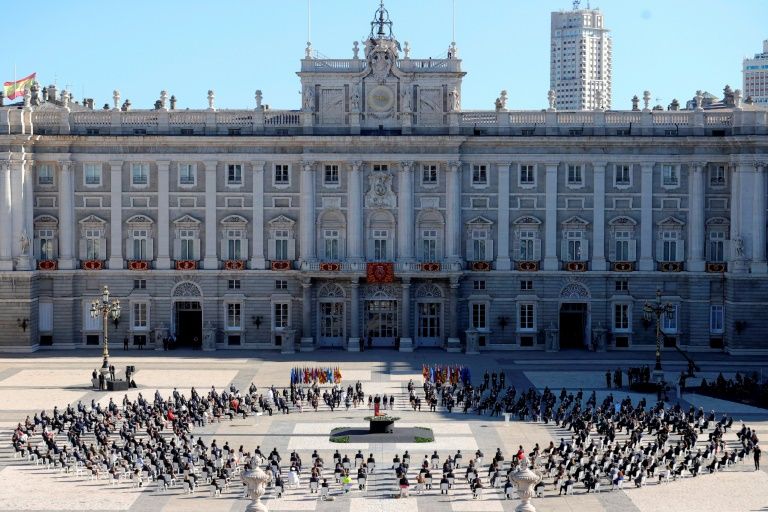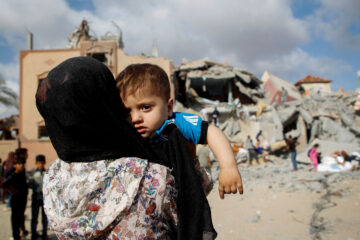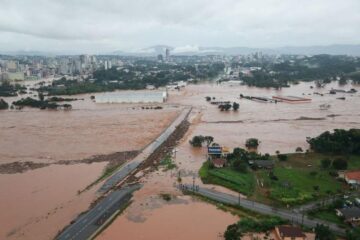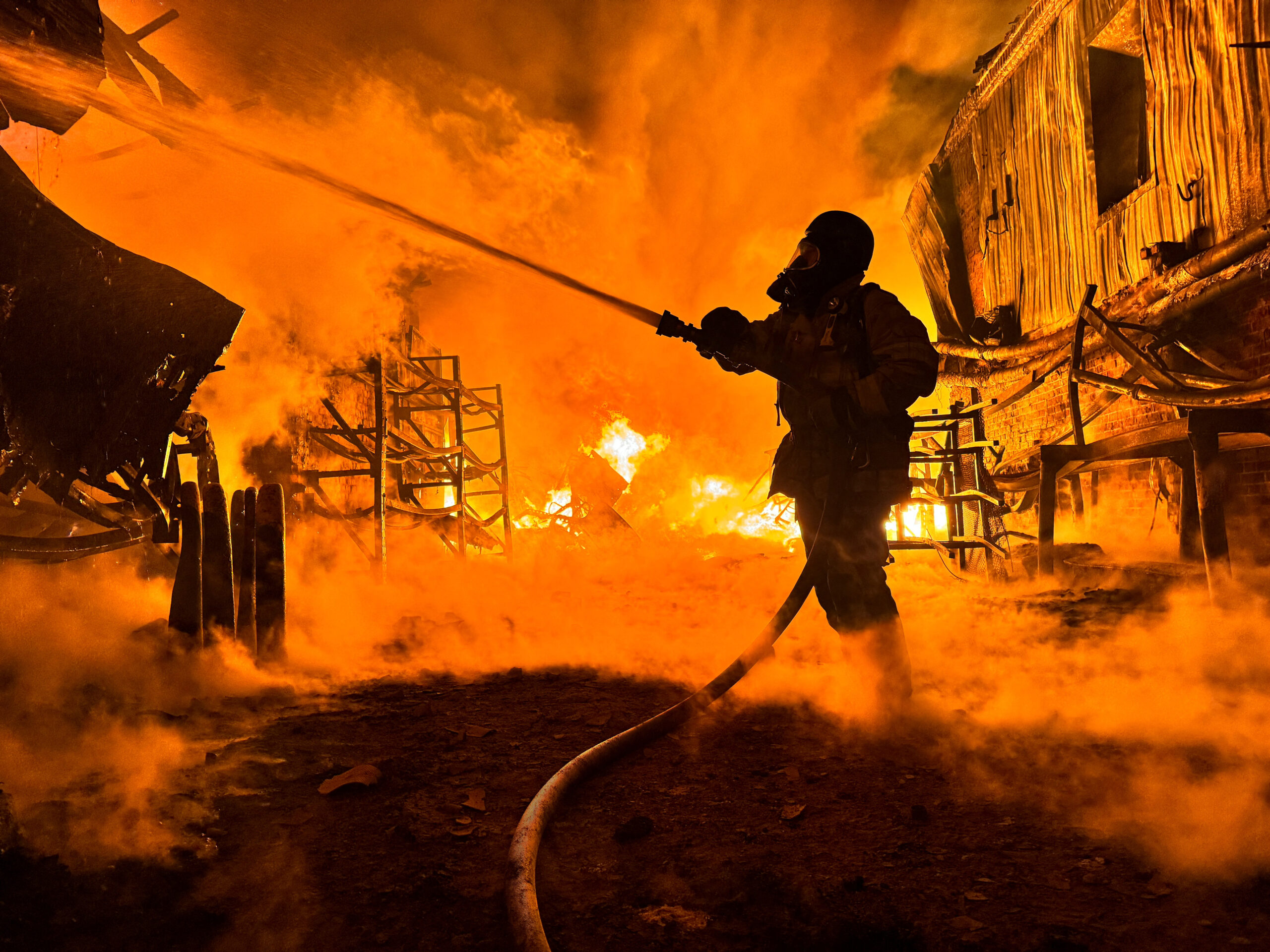Spain honours its 28,400 virus victims at solemn state memorial
 The memorial took place in a square outside the Royal Palace in the presence of bereaved families and a host of top EU and WHO officials (AFP Photo/Juanjo Martin)
The memorial took place in a square outside the Royal Palace in the presence of bereaved families and a host of top EU and WHO officials (AFP Photo/Juanjo Martin)Badly hit by the pandemic and carefully watching the latest outbreaks, Spain paused Thursday to honour its tens of thousands of victims at a state ceremony joined by top EU and World Health Organization figures.
The memorial took place barely three weeks after Spain ended its months-long state of emergency, but since then there has been a growing number of new coronavirus infections, with health chiefs monitoring more 120 active outbreaks.
So far, the virus has officially claimed 28,413 lives in Spain, making it the seventh worst-hit country in the world.
“Today, we are symbolically saying goodbye to mothers, fathers, children, siblings, friends: we take their hands, caress their cheek, kiss their forehead and remember their glance in our hearts,” Hernando Calleja, who lost his brother in April, said in an address at the ceremony.
Presided over by Spain’s King Felipe VI, the memorial took place in a square outside the Royal Palace in the presence of bereaved families and a host of top EU and WHO officials, with an orchestra playing Samuel Barber’s “Adagio for Strings”.
“This act cannot heal the pain felt by so many families at not being at the side of their loved ones in their final hours… but what it can do is pay tribute to their lives, to their contribution to our society, to their memories,” the king said.
For months, tens of thousands of doctors and nurses have been engaged in the frontline battle against the virus, which at its peak, pushed Spain’s healthcare system to the brink of collapse.
“It’s been very hard, we have felt powerless in the face of a cruel sense of uncertainty… we’ve given everything and worked to the limit of our strength,” Aroa Lopez, a nurse from Barcelona, told the ceremony.
Among those attending were EU Council head Charles Michel, European Commission president Ursula von der Leyen, European Parliament leader David Sassoli and top EU diplomat Josep Borrell.
NATO chief Jens Stoltenberg and WHO head Tedros Adhanom Ghebreyesus were also present.
The government, which has been severely criticised for its management of the crisis, held a 10-day mourning period for the victims in late May — the longest since Spain returned to democracy after the fall of Franco’s dictatorship in 1975.
– Monitoring outbreaks –
With the population back on the streets and the borders with Europe and a dozen other countries now open, Spain has seen the number of new infections rising.
The most worrying recent outbreak is in the northeastern city of Lerida and the surrounding area, where the Catalan regional government has issued a stay-home order affecting 160,000 people.
Authorities there and in several other regions have stepped up precautions, with mask-wearing compulsory in public at all times, even if the safety distance can be respected.
When the epidemic first hit, the government of Prime Minister Pedro Sanchez declared a state of emergency on March 14, allowing it to impose one of the world’s tightest lockdowns.
But it has ruled out any renewal of the measure, saying the regional health authorities will be able to control outbreaks.
“With the peak behind us, the regions have the necessary tools to tackle particular situations. Fresh outbreaks were expected and are occurring in all countries,” deputy prime minister Carmen Calvo said on Tuesday.
SOURCE> AFP











